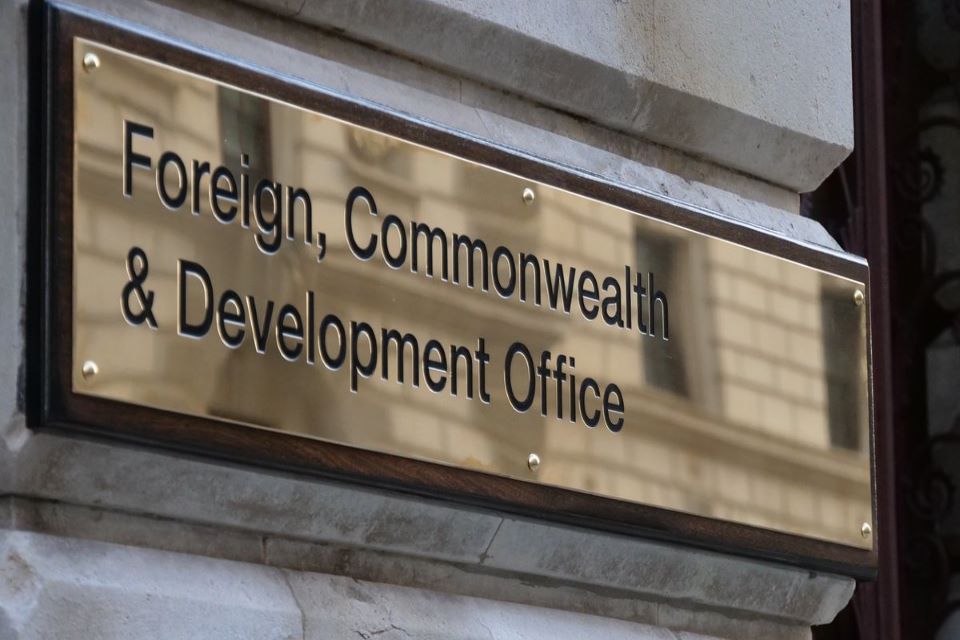Supporting the stability and security of Bosnia and Herzegovina through the Office of the High Representative
Explanation of Vote on the Security Council draft resolution on Bosnia and Herzegovina

Thank you, Madam President.
The UK has abstained on this resolution today to show our support for the Office of the High Representative, and to reject attempts to limit its powers, or end the role of the High Representative prematurely.
It remains the case that a resolution or other Security Council product is not, and has never been, a legal requirement for the appointment of the new High Representative, Mr Christian Schmidt. Mr Schmidt was successfully appointed by the Peace Implementation Council Steering Board on 27 May, and will take up his role on 1 August regardless of action taken, or not taken, by the Security Council.
Nevertheless, we have made clear that we have no objection to and could support a resolution or letter from the Security Council welcoming the appointment, in accordance with the Council’s previous practice.
But we cannot accept a resolution which seeks premature closure of the High Representative’s Office, termination of his executive powers, and imposes an artificial time limit on Council support for Mr Schmidt’s appointment.
These proposals go beyond the previous practice of the Security Council and encroach upon matters that are the responsibility of the Peace Implementation Council. They are inconsistent with the 5+2 criteria set by the Peace Implementation Council Steering Board for closure of the Office of the High Representative, which to date have unfortunately not yet been met. And they are inconsistent with the Security Council’s endorsement of the 5+2 criteria, reiterated in recent statements by many Council members and in resolution 2549 unanimously adopted last year.
The focus of the Security Council should remain on supporting the stability and security of Bosnia and Herzegovina. The Office of the High Representative remains vital in overseeing the civilian aspects of the General Framework Agreement for Peace in Bosnia and Herzegovina – the “Dayton Agreement”. For the Council to unilaterally renege on its longstanding commitment to the 5+2 criteria would undermine that Agreement and set a dangerous precedent for our work.
This resolution has failed not because of a lack of support for the Office of the High Representative, but because of the Council’s enduring support for the High Representative’s role and relevance, until such time as Bosnia and Herzegovina has met the required conditions for closure.
Thank you, Madam President.